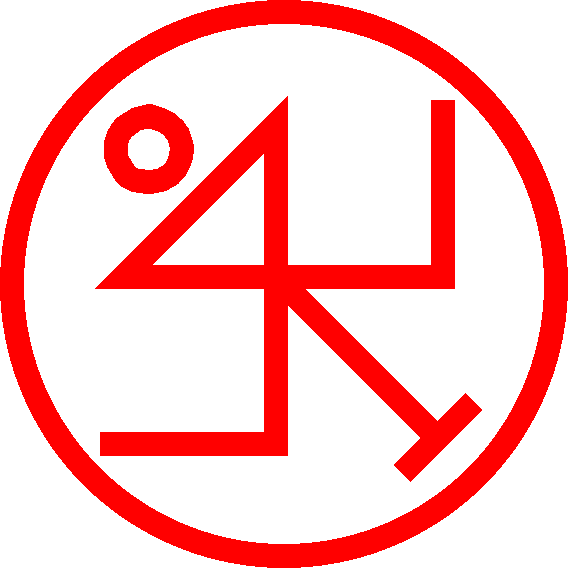Hangul Part 4: The King
Korean was originally written using Chinese characters, much like Japanese was, because both Korea and Japan looked at China as the big refined center of culture and civilization in the world. But Chinese is a terrible script for Korean, arguably worse than it is for Japanese, because Korean loves to form words with tons of prefixes … Read more
